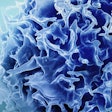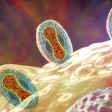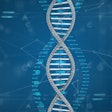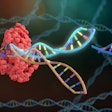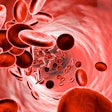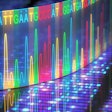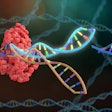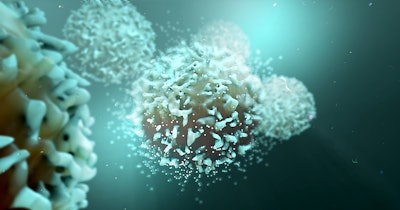
Memory T cells repaired using CRISPR-Cas9 can cure lethal hyperinflammation in mice, suggesting the approach may improve outcomes in a disease with a five-year probability of survival of around 50%.
The study, details of which were published in Science Immunology Friday, looked at a potential treatment for familial hemophagocytic lymphohistiocytosis (FHL). Physicians currently use hematopoietic stem cell transplants to treat forms of the inherited, potentially fatal inflammatory disease, which is caused by mutations in NK and T cells, but incomplete remission and graft rejection remain problems.
Seeking to address the unmet need, researchers at the Max Delbrück Center for Molecular Medicine and other German institutes used an adeno-associated virus–based CRISPR-Cas9 system to repair mutations that stop FHL patients from producing certain proteins ex vivo. The cells could be a bridge-to-transplant therapy, serving to improve the patient’s condition and cut the risks of transplantation, and may provide a reservoir of healthy T cells that help clear infections for years to come.
The team showed that the repaired T cells prevent and cure hyperinflammation induced by Epstein-Barr virus (EBV) in a mouse model of FHL. The focus on EBV reflects the fact that infection with the herpes virus is “the most frequent and severe initiating event” for hemophagocytic lymphohistiocytosis.
As well as validating the approach in a mouse model, the researchers isolated T cells from children with two forms of the immune deficiency, FHL2 and FHL3, to assess if the approach works with human cells in vitro. The findings showed that the CRISPR-Cas9 system can repair human T cell activity in vitro.
Importantly, the human T cells came from patients who had received etoposide, dexamethasone, and cyclosporine A, drugs used to control the disease and provide a bridge to transplantation. The scientists found cells from pre-treated patients are suitable for gene repair ex vivo, showing the feasibility of the approach in the real world.
There are questions to answer as the program moves toward and into human testing. The impact of the focus on T cells to treat a condition that also affects NK cells remains unclear, and only clinical testing will show what level of repaired protein the cells need to produce to prevent and clear infections. The team is encouraged though, stating that the study suggests repaired T cells “may be a useful bridging therapy” that helps prepare acutely ill patients for transplants or could replace stem cell transplants altogether.










